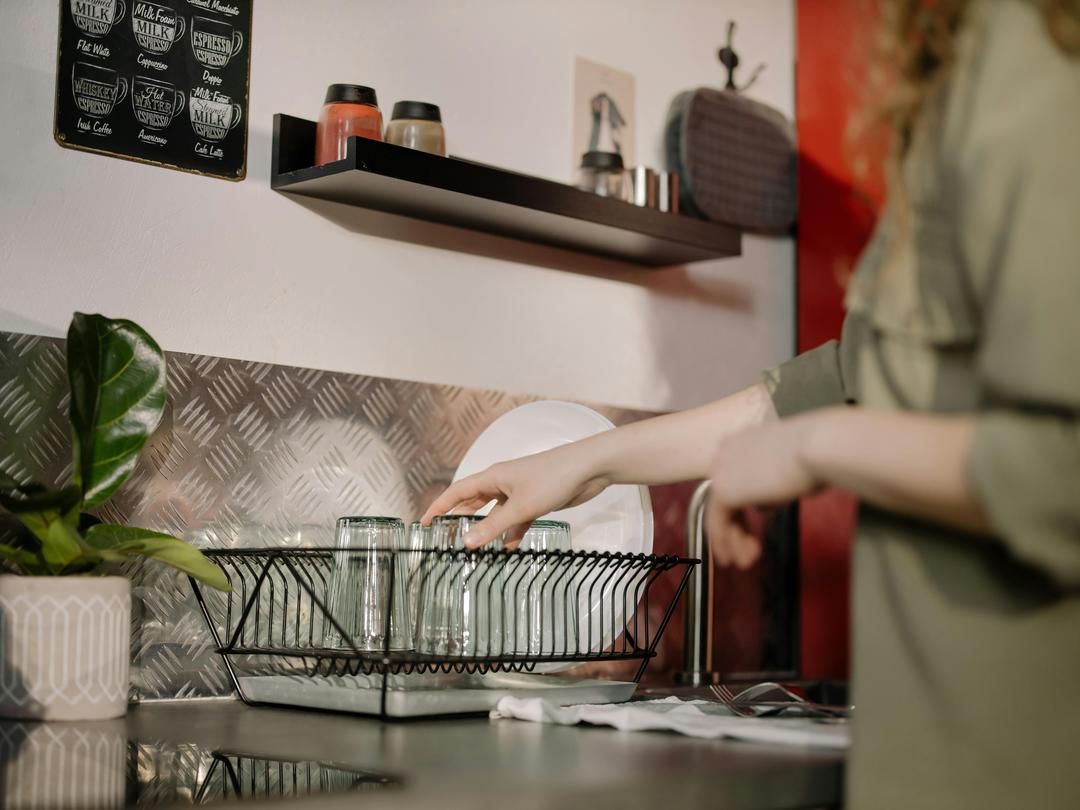If you’re a homeowner in Western North Carolina or Upstate South Carolina with a low mortgage rate, you might feel a bit stuck these days. Perhaps you’ve considered making a move—seeking more space, changing your surroundings, or finally finding a home that feels just right. But then the reality of today’s interest rates sinks in, and that idea quickly gets shelved.
This scenario is playing out across the country. Millions of homeowners locked in at historically low rates in 2020 or 2021. Now, with interest rates on the rise, those same homeowners are hesitant to let go of what seems like an incredible deal—even if their current home no longer meets their needs.
This phenomenon is known as the “lock-in effect,” and it’s a significant factor in today’s housing market. However, it doesn’t mean you’re out of options. If you’ve been hesitating, unsure whether to stay or go, consider these three questions to help you find clarity and make a decision you feel good about.
Is your current home still working for your life—or just your loan?
This might be the most crucial question to ponder. When you look beyond the mortgage rate, beyond the numbers and spreadsheets, does your home still support your day-to-day life?
Maybe what once felt spacious now feels cramped. Or perhaps your home seems too big and quiet since the kids moved out. Your needs may have shifted—maybe you’re working from home more often, caring for aging parents, or you’ve welcomed a new addition to the family. Or maybe you’ve simply outgrown the space emotionally. What once felt like a dream home now feels like a never-ending to-do list.
It’s easy to set those feelings aside and focus solely on your current rate. But when your home no longer fits your lifestyle, it’s worth considering what it’s costing you to stay—not just financially, but emotionally, mentally, and physically. The right home doesn’t have to be perfect, but it should make your daily life easier, not harder.
What would a move really cost you—and what might it make possible?
There’s no denying that today’s interest rates are higher than they were a few years back. But that doesn’t automatically mean moving isn’t financially viable. What matters is how the full picture shapes up for you.
In our region, the real estate market has shown remarkable resilience. For instance, in Buncombe County, the median home price has seen a steady increase, reflecting the strong demand for homes in the Asheville area. This means many homeowners in Western North Carolina are also sitting on impressive amounts of equity.
This equity could serve as your down payment on a new home. It could reduce the amount you need to borrow, lower your monthly payment, or help you avoid private mortgage insurance.
And then there’s the other side of the equation: what lifestyle benefits could a move bring?
Maybe it would bring you closer to family, give your kids access to a better school district, or provide the home office or outdoor space you’ve been craving. Perhaps it means downsizing and putting more money in your pocket each month. Or finally settling in a neighborhood that feels like home.
Moving isn’t just a financial decision; it’s a quality-of-life decision. When you weigh both the gains and the costs, you may find that the numbers aren’t as one-sided as they first appear.
If you stay, are you staying intentionally—or just avoiding a hard choice?
It’s perfectly fine to stay where you are. In fact, for some people, that’s absolutely the right choice. But here’s the catch: it should be a decision, not a default.
Ask yourself: If I choose to stay for the next three to five years, what would I need to change or invest in to make this home truly work for me? Would I renovate the kitchen that’s no longer functional? Convert the spare room into a proper office? Redesign the backyard so it actually gets used?
Staying doesn’t have to mean settling. Sometimes, making peace with your current home involves making a plan to improve it—whether through small updates, strategic renovations, or simply adjusting how you use your space.
But staying without a plan can lead to years of quiet frustration. And in many cases, those small compromises add up to something more expensive than moving would have been.
Final Thoughts
Feeling “stuck” can be frustrating. But the good news is, you’re not as trapped as you might think. You’re just facing a decision that deserves careful consideration.
You don’t have to have all the answers today. However, asking the right questions—about your lifestyle, your goals, and your finances—can lead you toward clarity. Whether you decide to stay or go, the aim isn’t to time the market perfectly. It’s to make a move that supports your life and your future.
If you’re unsure about what comes next, let’s talk it through. We’ll help you weigh the pros and cons, look at real numbers, and explore what’s possible. Not to pressure you into a sale—but to give you the clarity and confidence you need to move forward in the direction that’s right for you.
%20(3).png)
%20(3)-1.png)




